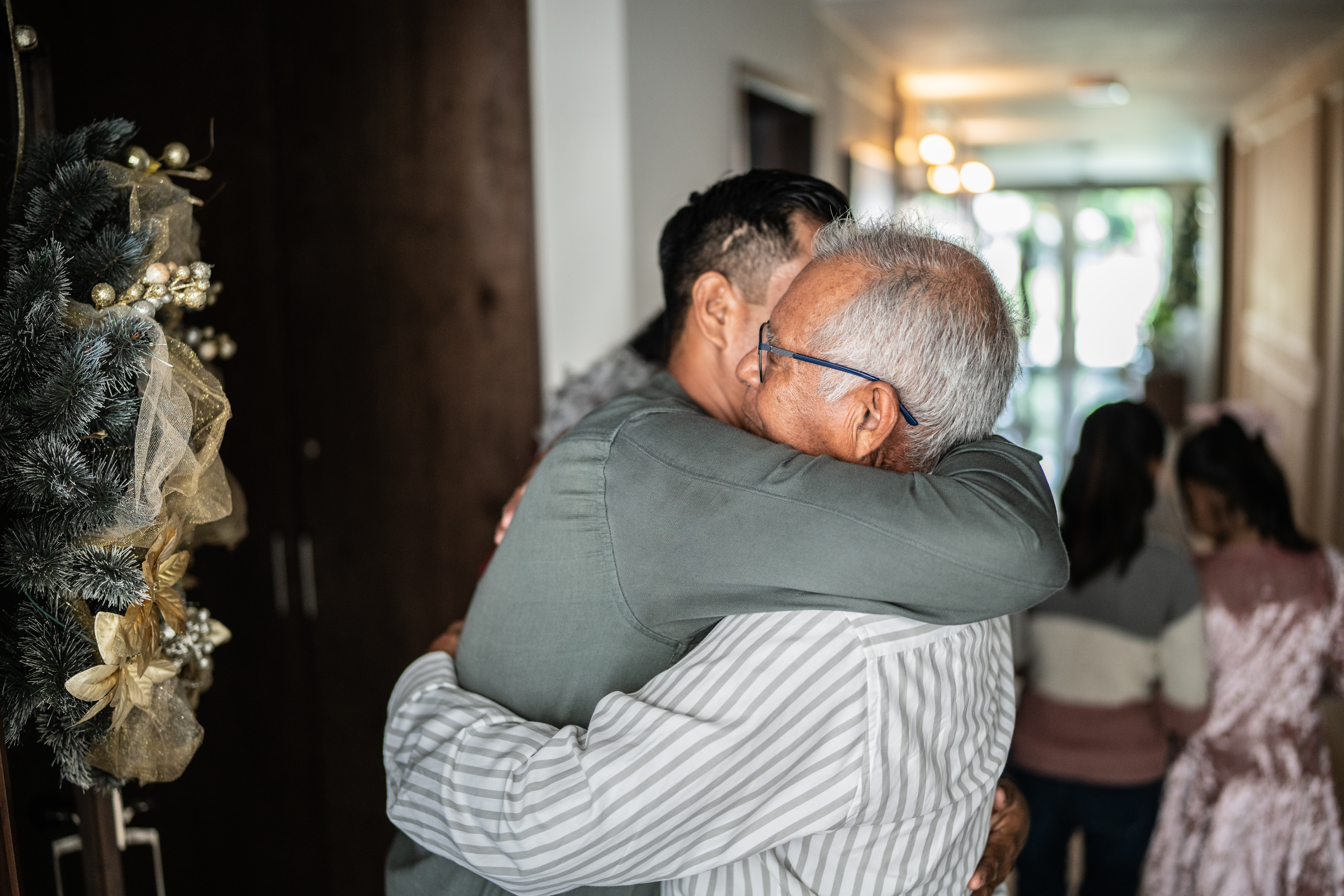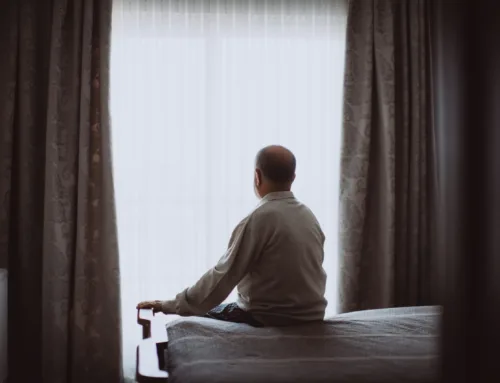How to Help Your Loved One with Mental Illness During the Holidays
Mental health disorders like substance use, depression and anxiety are surprisingly common. According to a Pew Research study, nearly half of all Americans have a close family member or friend who struggles with substance use, and the National Alliance on Mental Illness states that one in five people suffers from a mental health condition.
It’s likely that you or someone close to you is facing difficulty during the holiday season due to an addiction, a mental illness or both. While these conditions are hard to manage throughout the year, the festivities and triggers that linger around this time of year can bring extra stress and dysfunction.
If you’ve noticed a loved one is struggling with a substance use disorder or mental health disorder during the holidays, here are some steps you can take to support their recovery and why it’s important.
Family support during the holidays
When you notice signs of anxiety, depression, stress or loneliness in your loved one, it’s natural to feel the urge to do something to help. While distress can happen at any time of year, the holidays can be especially rough for someone who struggles with a mental illness.
Family support during the holidays is important because this time of year, despite the cultural emphasis on joy, often brings isolation, financial difficulties, grief, stress and hardship. The challenges that come during the holidays can exacerbate mental health concerns and lead to a stall in recovery or relapse.
How to provide mental health family support
The holidays can be tough on your loved one, and helping him or her bear through the season offers its own challenges to the team of support. If you’re looking for tips to show you care and encourage well-being, here’s what you can do.
1. Learn about mental illness
One of the quickest and easiest ways to offer family support during the holidays is through self-education. The more you learn about your loved one’s specific mental illness, the better equipped you’ll be to help manage triggers, engage in recovery and avoid adding to your loved one’s distress.
Check out these resources offered by the Substance Abuse and Mental Health Services Administration to get started.
2. Join a support group
In our families and close circles of friends we commonly have to lean on each other in different ways at different times. When your loved one is struggling with mental illness, it’s likely the relationship won’t be perfectly reciprocal.
If you’re feeling the load of caregiving or showing extra support, you may benefit from joining a support group. You can access support groups through community centers, places of worship, virtual groups or local support groups.
3. Be aware of triggers
The holidays can be a tricky time of uncharted territory, bringing new triggers and unique environments. One of the best ways to show family support during this season is to be aware of your own behaviors so you don’t enable cyclical negative habits or provoke the distress.
For example, don’t invite your loved one who is a recovering alcoholic to a party where heaving drinking is the norm, or offer to be the designated driver for the night. Avoid provoking anxiety by planning a game where your family member will need to do something alone in front of a group.
4. Listen, but don’t counsel
During the holidays your loved one may experience extra distress. While it’s important that you listen as she offloads her troubles and processes triggers, don’t fall into the role of therapist. A trained professional is the best person to offer constructive advice in line with treatment goals.
However, you are always welcome to remind your family member of treatment goals, and anything that you’ve been encouraged to do by your loved one’s treatment team (such as using coping mechanisms with your loved one).
5. Always support professional treatment
If you have a loved one who is struggling with depression, anxiety, ADHD, a substance use disorder, an eating disorder or any other mental health difficulties, the best thing you can do is encourage and support professional treatment, every step of the way.
As a family member, friend or significant other, it’s easy to feel like there’s a weight on your shoulders as you care for your loved one. You may feel that it’s up to you to cure or “fix” a mental health disorder. Don’t feel like you have to carry the responsibility of their well-being all on your own— trained and experienced professionals can provide evidence-based treatment that makes a real difference.
Your main job as a support person is to encourage your loved one to begin rehab or therapy, and show continuous support throughout the process. You will find concrete ways you can help as time goes on (like providing transportation to therapy, assisting with medication management and more).
While your love can make a world of difference during mental health recovery, you are never responsible for negative outcomes. The best thing you can do in your role is to point your loved one toward healing through medical and mental health care.
How to support family in accessing mental health services
Unsure where to turn from here? You can take the first step right now by calling Freedom Detox. If you’re looking for care for a substance use addiction, or addiction combined with mental health concerns, Freedom Detox can connect your loved one to the treatment he or she needs.
Check out Freedom Detox to learn more about the individualized treatment programs your loved one deserves.










